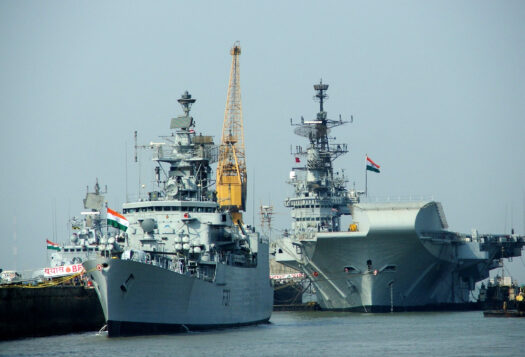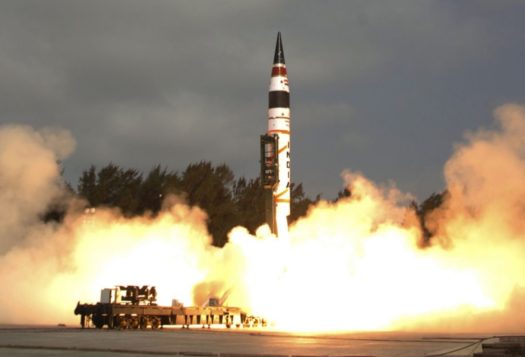Rarely do we fathom the value of some moments that end up becoming important turning points in our lives. For me, that moment was mid-2009 when I wrote an email to Brig. Kanwal and requested him for an online interview for my master’s thesis. He was prompt to reply to my questionnaire, which was a surprise to me since many of my interview requests to other experts had gone unanswered. That was my first interaction with him. I did not know then that I would be lucky enough to be mentored by him in the coming years. Looking back, I realize that Brig. Kanwal – rightly known as a scholar, warrior, and an eminent strategic analyst – played a crucial part in nurturing a generation of young Indian scholars. For reasons unknown, this remains a rather under-recognized area of his contributions to the strategic community in India and abroad. As someone who has been privileged to fall into this category, I wish to share how Brig. Kanwal’s guidance shaped my journey as a scholar.
In 2010, I joined the Centre for Land Warfare Studies (CLAWS), a Delhi-based think tank led by Brig. Kanwal from 2008 to 2012. Even after I left CLAWS and moved out of Delhi, we continued to interact over emails or during Track II dialogues. There were some aspects that made him stand out as a mentor. Most prominently, he rarely made a junior colleague feel like a junior, and was always keen to hear what the “youngsters,” as he called us, had to say. Anyone who has worked in South Asia can vouch for the strong hierarchical considerations in the think tank work environment. However, Brig. Kanwal always made sure that voices of younger analysts were heard not only during seminar discussions, but even during discussions with high level external delegations at CLAWS. For someone like me, who was full of self doubt at that point in time, it was reassuring to see his keenness to listen to one’s views.
He rarely made a junior colleague feel like a junior, and was always keen to hear what the “youngsters,” as he called us, had to say.
Another worthwhile habit that he inculcated in young scholars was to ponder seriously over the implications of regional or global events. Whenever we took the draft of our articles to him for suggestions, he would always remind us to “focus on what it implies for India” (if we had missed out on that aspect). He also showed faith in young scholars and encouraged them to choose fresh topics rather than take the well-trodden path. At an early stage in my career, he placed trust in me and awarded me an independent research project. While discussing my preferences, he encouraged me to choose the China-Pakistan military partnership, a subject that was topical and important.
He also urged us to think independently on issues instead of just following extant opinions on the topic. Over the years, I developed some views that did not coincide with his but he was always happy to listen and engaged in detailed conversations. For instance, I used to share some of my qualms regarding India’s declared strategy of massive retaliation. While I saw merit in reversing the stated massive retaliation to the former punitive retaliation, he would explain to me the practical problems that could arise in following that route. Our discussions on this issue and many others were my window into understanding the practical and operational aspects of theories and written text. From Brig. Kanwal, I also learned the art of presenting complex views in simple language, something that made his writing accessible to numerous readers.
For most, Brig. Kanwal was an invaluable scholar and prolific writer who covered a range of security-related topics. However, for others who worked with him, he was also a great leader. It was in the everyday moments that he showed us what leadership is all about. He never failed to praise a colleague, even for small achievements. Additionally, he would publicly give credit to colleagues (senior or junior, young or old) for their contributions, no matter how insignificant. Such gestures made us admire him even more.
Brig. Kanwal may not be with us in person, but his contributions and insightful writings have left an indelible impression on the Indian and foreign strategic community. Even though his passing away is an irreparable loss for us all, his writings will continue to guide us for years to come and shape the coming generations of scholars and analysts.
I, like many others, will miss you, Sir.


